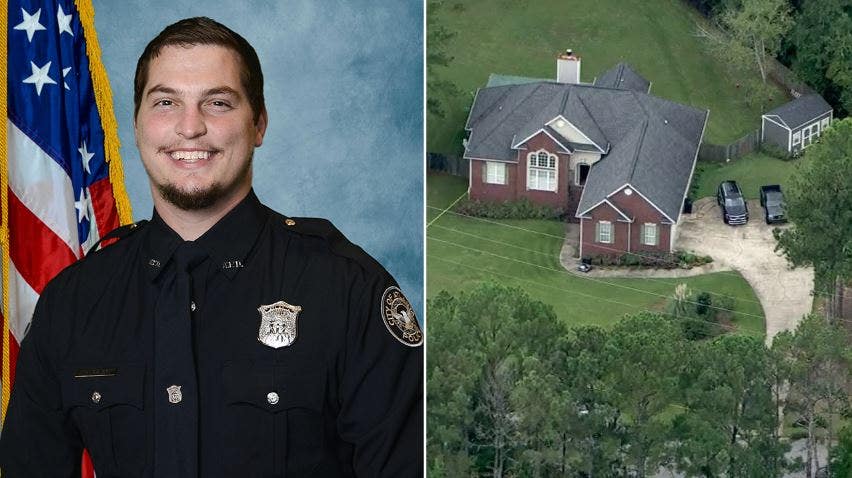Attorneys general of three states in less than a week revealed separate lawsuits against social media giants for their platforms' alleged harmful effects on children, including sextortion, addiction and privacy violations.
Why it matters: Federal, state and local authorities have targeted Big Tech accountability over youth mental health concerns.
- "You see a huge variety of approaches to trying to solve this problem," Josh Golin, executive director of Fairplay, a nonprofit aimed at ending marketing toward children, told Axios, referring to both government and private action against social media companies.
State of play: State attorneys general, most recently, sued TikTok, Snap and YouTube, alleging culpability in risks to children's safety or wellbeing. All this week:
- Texas Attorney General Ken Paxton (R) sued TikTok for allegedly violating the state's parental consent law designed to prohibit social media platforms from sharing a minor's personal identifying information without parental permission.
- New Mexico Attorney General Raúl Torrez (D) released details of a recent lawsuit against Snap, which alleges that the company ignored reports of sextortion, failed to implement verifiable age-verification and admitted to features that connect minors with adults.
- The lawsuit cited internal communications at Snap about user reports of grooming and research conducted by the company that showed teens' vulnerability on the app. By November 2022, the complaint said, "Snap employees were discussing 10,000 user reports of sextortion each month."
- Arkansas Attorney General Tim Griffin (R) filed a lawsuit against Google, YouTube and their parent company Alphabet for alleging they violating the state's deceptive trade practices act and that YouTube "profited off young Arkansans" with an addictive platform.
Between the lines: Attorneys general action signals the harm against children has already been done, said Golin, who is also a co-founder of Parents for Safe Online Spaces.
- Ideally, preventative measures would also be taken, like the proposed Kids Online Safety Act and Children and Teens' Online Privacy Protection Act 2.0 to "force platforms to make changes to how they're designed before the harms are occurring," he said.
- The Federal Trade Commission, school districts and state legislatures like in Maryland, Florida and California have filed lawsuits or passed bills also aimed at protecting children's online safety.
Zoom out: Children's online safety is a rare point of bipartisan agreement in Congress, but the KOSA and COPPA 2.0 package have stalled in the House after easily passing in the Senate.
- The House Committee on Energy and Commerce advanced the legislation last month.
What they're saying: Google spokesperson José Castañeda denied the allegations in the Arkansas complaint.
- "We built services and policies to provide young people with age-appropriate experiences, and parents with robust controls," he said.
A Snap spokesperson told Axios the platform was designed for private close circle communication, with design choices that make it difficult for strangers to discover minors.
- "We care deeply about our work here and it pains us when bad actors abuse our service," the spokesperson said.
- Axios has reached out to TikTok for comment.
Our thought bubble, from Axios' senior tech and policy reporter Ashley Gold: Suing tech companies for breaking state laws has become a popular method for state attorneys general to go after what they see as Big Tech harming children online in lieu of federal action.
- The individual lawsuits are not terribly challenging for companies to combat yet, but will become so as more states join in and if plaintiffs start winning.
Flashback: Dozens of state attorneys general sued Meta last year, alleging that the company knowingly issued products and features that pose psychological risks to children and teen users. The case has not yet gone to trial.
- This year, attorneys general said they support a federal effort to add a surgeon general warning to social media platforms for risks to youth wellbeing.
The bottom line: All social media companies "are playing by the same lack of rules," Alix Fraser, director of Issue One's Council for Responsible Social Media, told Axios. Patchwork state-level responses mean that kids in some areas are prioritized over others.
- "We're seeing the real beginnings of the turning of the tide," he said.
Go deeper: Most teens aren't worried about their social media use: Pew




